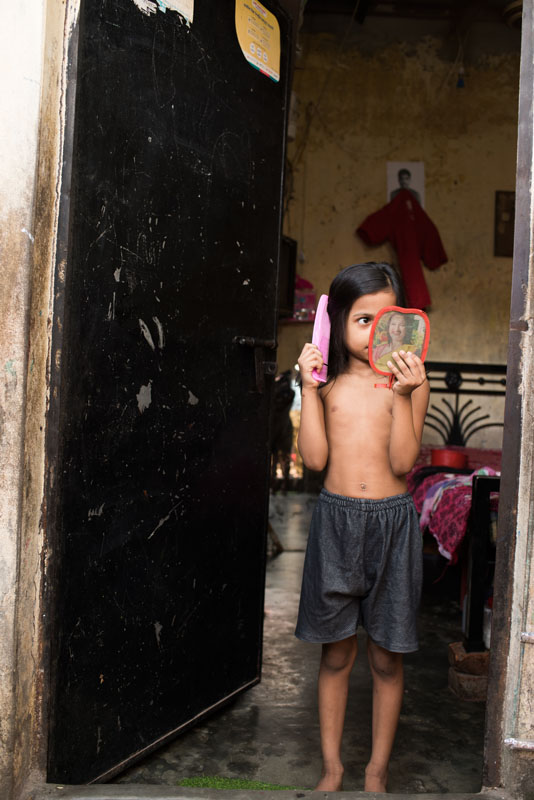
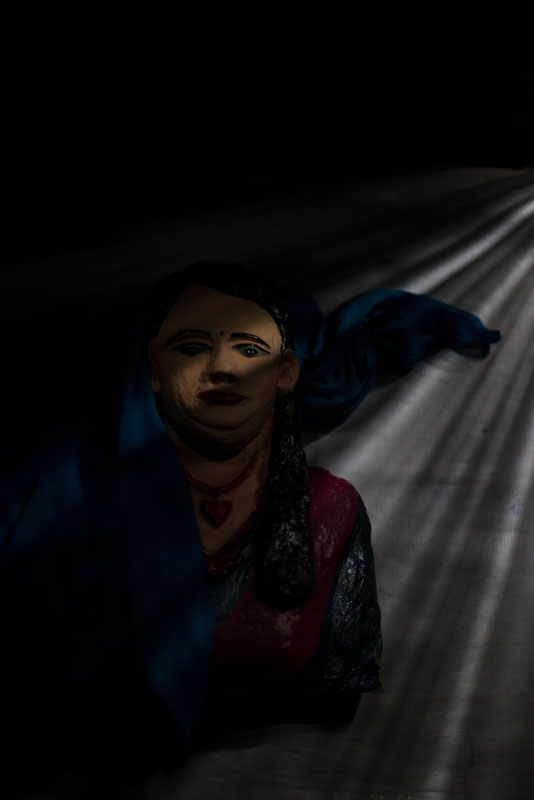
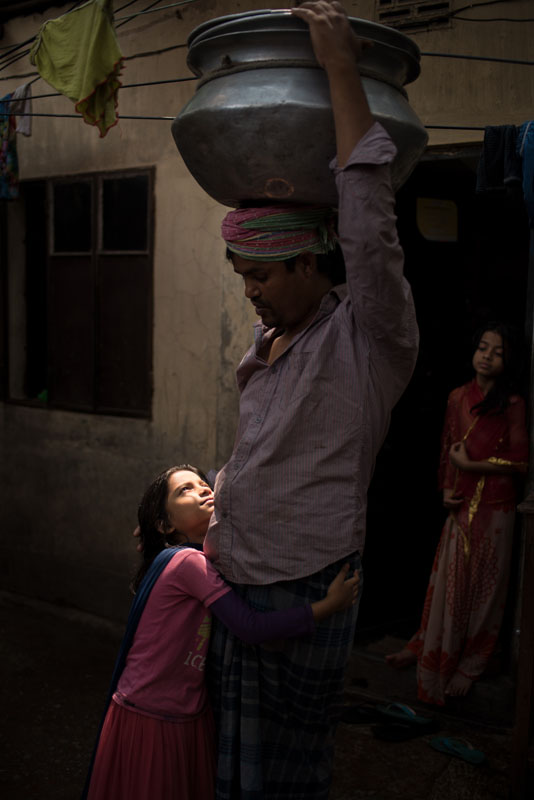
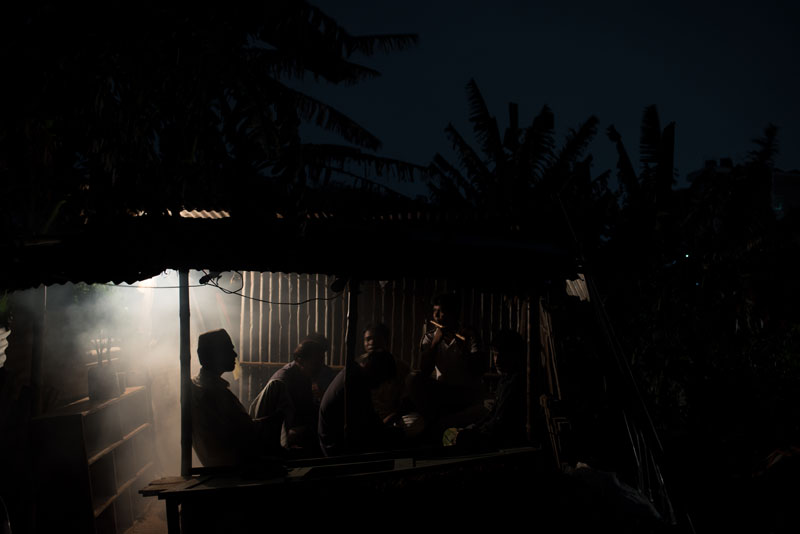
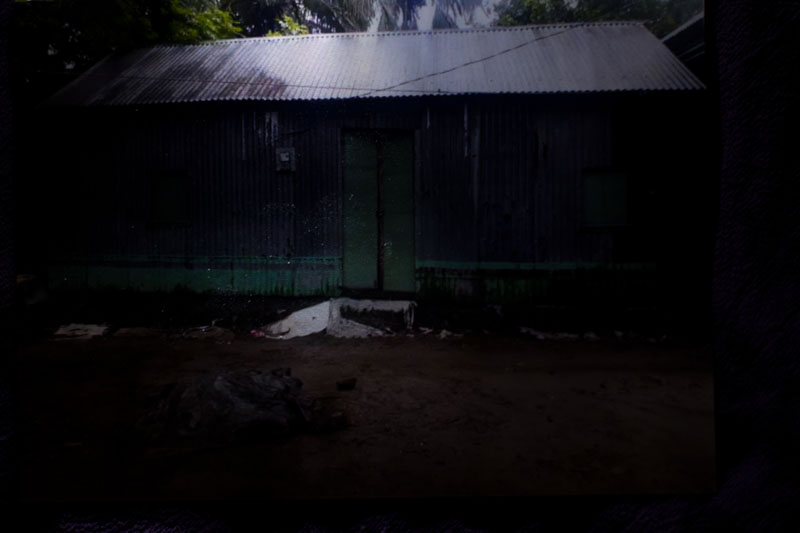
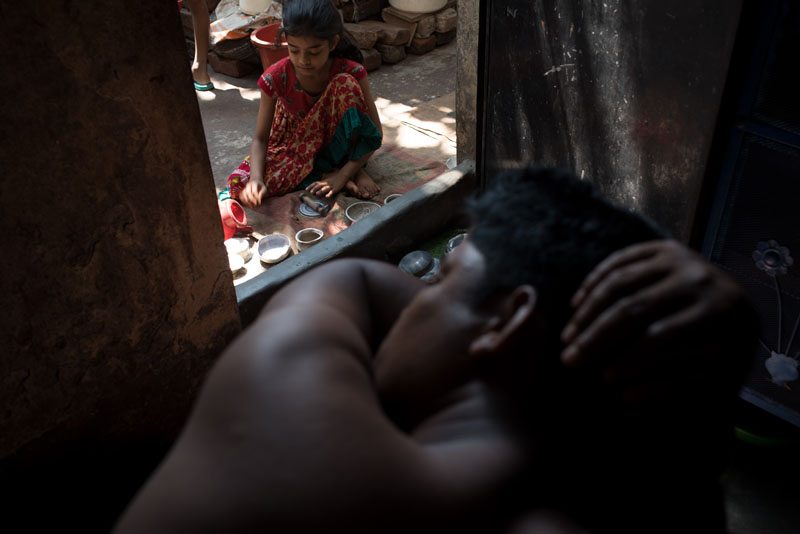
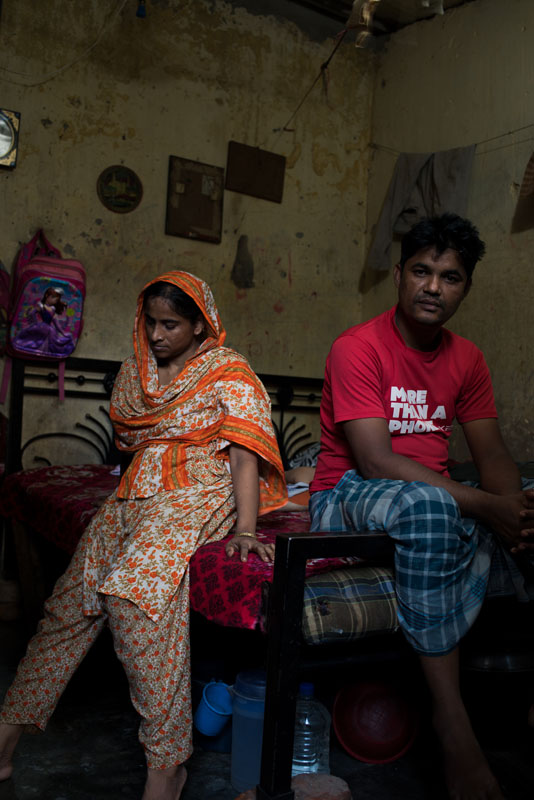
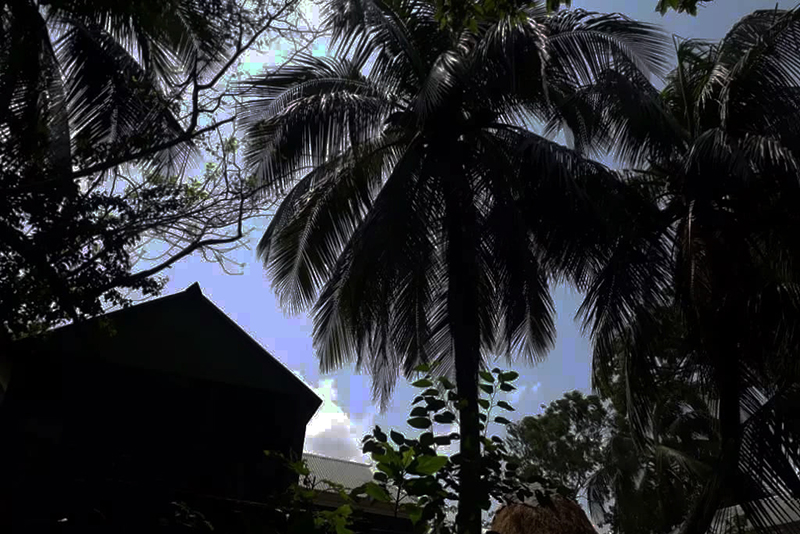
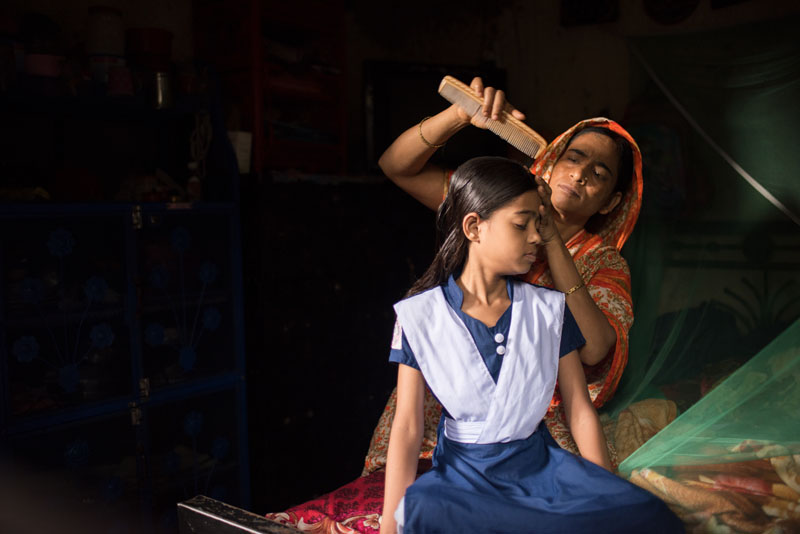
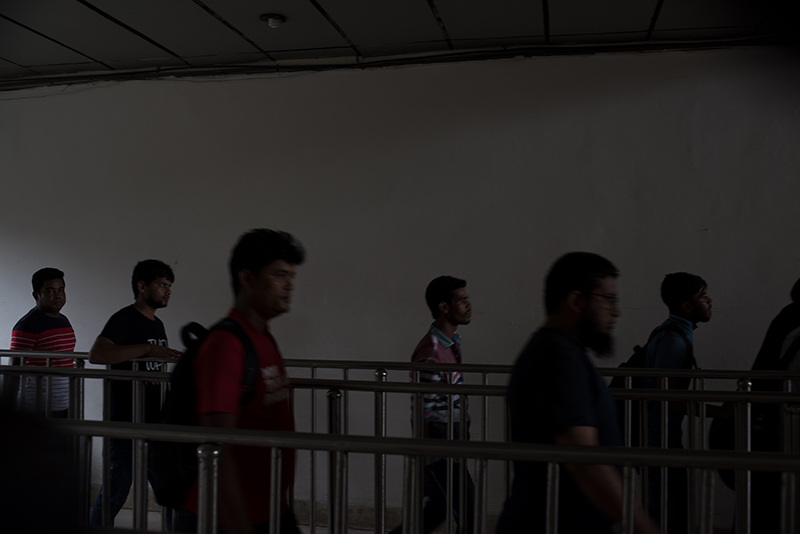
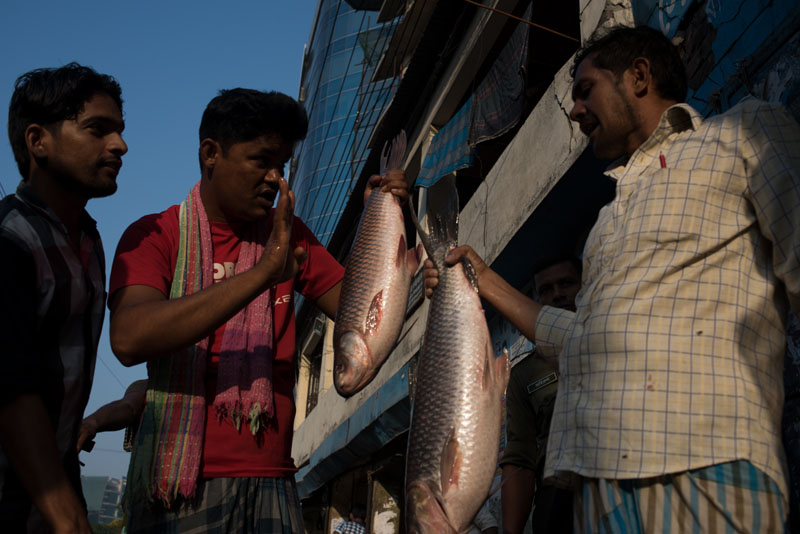
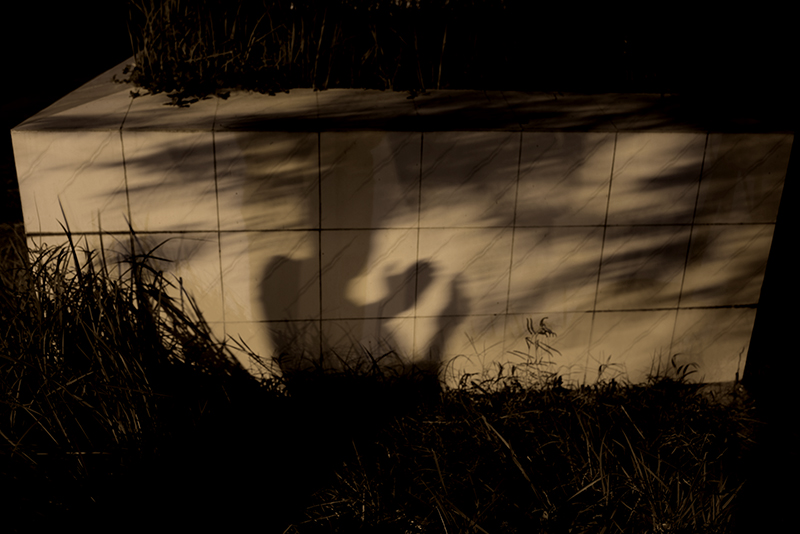
Mithamin Thana of Kishoreganj District in Bangladesh and Village name is Bati Ghagra. One teenager, name was Sheikh Matiur Rahman, his nick name was Moti Miah, his father's name was Sheikh Dhan Mia. Mati Miah was the fourth of eight siblings. His father was the sole earner in a family of ten members. They did not have any land of their own, they did not have any homestead, they took shelter in other people's house and their family used to cultivate of other people's land.
Mithamin area is one of the most flood prone areas in Bangladesh, with a total of 16 haors (open lake) located in this area, among which large chop haors (lake) flow through the villages. The agricultural lands of this village under water for six months of the year. The dry season is July to December.If there is excess rainfall, many years before mid-December, the village is flooded in advance, the fields are submerged and the crops of thousands of families like Moti Miah survive for six months. There is nothing to do but look and shed tears.
Mati Miah's family was affected by the 1998 and 2004 floods. The shelter was also submerged in the flood waters. Like everyone else, Motiur's family took shelter in the only school house in the village that day. They were eating half-beaten twice a day. Once the flood waters receded, the barren lands awoke, but the food shortage became evident in the area, there was no work, no fish in the haor (lake), no crops in the field, there was only wailing all around. Dhanu Mia could not bear the huge pressure of ten homeless people for a long time, he died a few days later. In such a situation, on the one hand, the elder brother is rushing to different places in search of work, on the other hand, the lack of tin rice has leaked and entered the house. So one day Mati Miah decides that he will move to Dhaka, work and make up for the lack of himself and his family. Moti, who was just a young man, moved to Dhaka to visit his relatives, leaving the village methopath on the back road, and Motiur's new journey began. Unable, he first started selling Jhalamuri (popular street food), driving a rickshaw for a while, but he could not work because he did not have the habit. After trying to do more work, he finally finds a job selling fish. He buys fish from Dhaka's Karwan Bazar wholesale fish market and sells it in the neighborhood. But at the end of the day, he can't earn more than 500/600 taka in a day.
After some days Moti Miah is married to a woman who has been abandoned by her husband. Even though he had given all his love to Survi, a teenager from the next village, as a teenager, the lack did not allow him to get it. So with a broken heart he married Hosne Ara Begum, with the aim of helping the girl. But even in times of scarcity, the marital life goes from bitter to bitter. Day after day, frustrated Moti Miah finds a place to breathe. One day he walks to the local graveyard, walking across the graveyard, then one day he buys grass-cutting scissors and goes down to work, clears all the grass of the grave, gives water, buys flower saplings and plants them, after work he feels a strange peace. During the holidays, his two daughters, Toya and Yoya, work at the cemetery. Within a few days, two or four friends came together, one of them was Sahidul, he was like a younger brother and also friend to Moti. Most of the night these two friends sit together in the graveyard talking, sharing joys and sorrows, Motiur's empty throat song, his flute melody or poem floats through the silence of the night, Motiur still dreams, abandoned village, big haor (Open Lake), school House, parents face.
